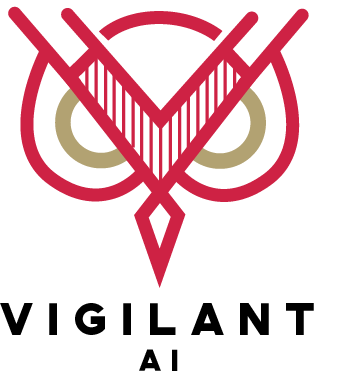An important question for audit firms is – “What are the challenges when implementing technology and what’s needed for a successful deployment?” Our answer: intelligent data management.
Audit firms have always invested in technology, and they are constantly looking for ways to improve their performance, lower costs, and enhance client engagements.
Today’s AI tools and technologies make a lot of promises. However, realizing these benefits depends on the successful implementation of the software and its adoption by auditors into their workflows.
When done incorrectly, that initial feeling of excitement can quickly turn into a sense of dread. Instead of seeing improvements, the transition can become bogged down by integration issues, technology fatigue, and a general hesitancy to embrace a new way of doing things.
A recent Gartner report found that 60 percent of software buyers experienced dissatisfaction in the last 12-18 months which led them to regret purchasing the solution.
Challenge 1: A Resistance to Change
Auditors are busy, especially during the audit season. The volume and intensity of their day-to-day work means they may not be able to take the time to fully adopt and understand a new tool.
Skeptical by nature, auditors may question the software’s ability to maintain or improve the reliability and quality of their work. They may already be comfortable with existing workflows and hesitant to disrupt their established routines. Or they may be concerned about the potential drop in productivity that often comes with learning new software.
Without effective communication, well-timed training, and buy-in, resistance can occur that slows down the implementation of a new solution and diminishes the potential benefits of the investment when it’s needed during busy season.
Challenge 2: Technology Fatigue and Complexity
As mentioned in one of our previous articles, audit firms have tended to take a multi-platform, multi-vendor approach to software and technology. There are countless solutions available for each specific function and each phase of the audit, creating a complex mix of tools that do not necessarily fit together into a cohesive whole.
This complexity lowers productivity and creates fatigue among users as they constantly export data out of one tool and import it again into another.
In fact, a recent Harvard Business Review article found that employees lose up to five working weeks per year just by switching between applications.
When faced with the prospect of learning or working with yet another software tool, it’s easy to see how some auditors may be overwhelmed and unable to use it to its full potential.
Challenge 3: Integration and Compatibility Issues
Similarly, a multi-vendor approach introduces integration and compatibility issues that increase both the time and cost required to implement the solution.
Each system has its own data format, protocols, and interfaces that hinder interoperability and make data understanding more complex. Migrating large volumes of data between tools slows down the process and increases the risk of errors, while variations in data structures and schemas further complicate the integration.
As a result, what initially seems like a simple investment in technology becomes a complex, time-consuming, and expensive data integration problem that can derail the entire project.
Challenge 4: The Black Box Problem
As artificial intelligence (AI) becomes more powerful and accessible to audit firms, many are evaluating its applications and incorporating it into the audit methodology.
However, AI models can suffer from the black box problem. This refers to the fact that some aspects of AI’s internal workings are invisible and unknowable to the user. The model simply takes the inputs and provides an output without any explanation of how it arrived at its conclusions. This is not intelligent data management.
This lack of visibility becomes a significant concern for auditors because of the need for a verifiable audit trail that provides traceable records of all actions and decisions.
Download the Explanation of the Black Box Problem
Successfully Implementing an Intelligent Data Management Platform
An intelligent data management platform, designed and built for the audit industry, overcomes these challenges to improve the likelihood of a successful implementation.
The platform offers a simple and intuitive user interface to auditors who are already comfortable with Excel or other common accounting tools. This familiarity helps to reduce the need for training and allows auditors to quickly understand the platform and incorporate it into their workflow.
Rather than being just another bolt-on tool, the platform serves as the foundation for a unified and consistent data infrastructure. Data can be collected in various formats from diverse sources, while open APIs allow for seamless integration with other platforms, helping to streamline the issue of importing and exporting data.
Finally, unlike conventional black-box AI models, the platform provides users with full transparency and audit trails of how the data has been transformed. This is critical to ensuring compliance, facilitating independent verification of results, and gaining a clear understanding of how and why each output was generated.
Achieving Results When Implementing Technology
At the end of the day, the deciding factor that determines a successful implementation versus a failed deployment is the platform’s ability to deliver on its promises.
Vigilant AI’s intelligent data management platform overcomes many of the common challenges and pitfalls to help facilitate a successful accounting software deployment, allowing auditors to see a rapid improvement in performance throughout the audit process.
The result is faster, more complete, and more independent audits that minimize cost, risk, and the burden on auditors.



Recent Comments